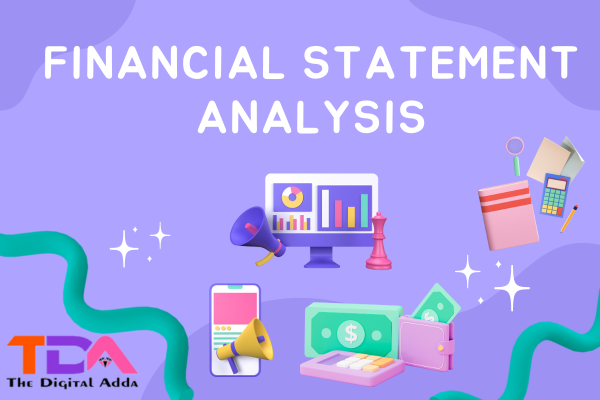Google Analytics FREE Certification – The Digital Adda
Google Analytics is a powerful web analytics service offered by Google that provides valuable insights into website and app performance. It allows website owners, marketers, and businesses to track and analyze user behavior, traffic sources, conversions, and various other metrics related to their online presence. Here are the key features and components of Google Analytics:
- Data Collection:
- Google Analytics collects data about website and app visitors using a small piece of tracking code (JavaScript) placed on web pages or mobile apps. This code tracks user interactions and sends data to Google’s servers.
- Metrics and Dimensions:
- Metrics are quantitative measurements of user interactions and website/app performance, such as pageviews, sessions, bounce rate, and conversion rate.
- Dimensions are attributes or characteristics of data, like the source/medium of traffic, device type, location, and page URL. Dimensions help segment and analyze data.
- Standard Reports:
- Google Analytics offers a variety of pre-defined reports that provide insights into website and app data, including audience demographics, user acquisition, behavior flow, and e-commerce performance (if applicable).
- Real-Time Analytics:
- The Real-Time report allows users to monitor website or app activity in real-time, seeing the number of active users, traffic sources, and popular content.
- Custom Reports and Dashboards:
- Users can create custom reports and dashboards to visualize specific data metrics and dimensions that are relevant to their business goals.
- Goals and E-commerce Tracking:
- Users can set up goals to track specific user interactions and conversions on their websites, such as form submissions, newsletter sign-ups, or product purchases.
- E-commerce tracking is available for tracking online sales and transaction data, including revenue and product performance.
- Events and Event Tracking:
- Event tracking allows users to monitor user interactions that aren’t tracked by default, such as clicks on specific elements, video views, or downloads.
- Segmentation:
- Segmentation enables users to divide their data into segments based on various dimensions (e.g., traffic source, location, device type) to analyze how different user groups behave.
- Multi-Channel Funnels:
- This feature helps users understand the various touchpoints users have before converting, providing insights into the effectiveness of different marketing channels.
- Attribution Modeling: – Attribution modeling allows users to customize how they assign credit for conversions to different marketing channels in order to understand the impact of each channel on conversions.
- Data Export and Integration: – Google Analytics data can be exported and integrated with other tools and platforms, such as Google Ads, Google Data Studio, or third-party business intelligence tools.
- User and Event Tracking for Mobile Apps: – Google Analytics for mobile apps provides tracking capabilities and insights similar to those for websites but tailored for mobile applications.
- Cross-Device Tracking: – Google Analytics can help track user interactions across different devices and platforms, providing a more comprehensive view of user behavior.
- Data Privacy and Compliance: – Google Analytics offers features and settings to comply with data privacy regulations like GDPR. Users can anonymize IP addresses, disable data collection for specific users, and more.
Google Analytics is a valuable tool for understanding website and app performance, optimizing user experiences, and making data-driven decisions to improve online presence and achieve business objectives. It’s widely used across various industries and organizations to gain insights into user behavior, monitor marketing campaigns, and optimize website/app content and functionality.











